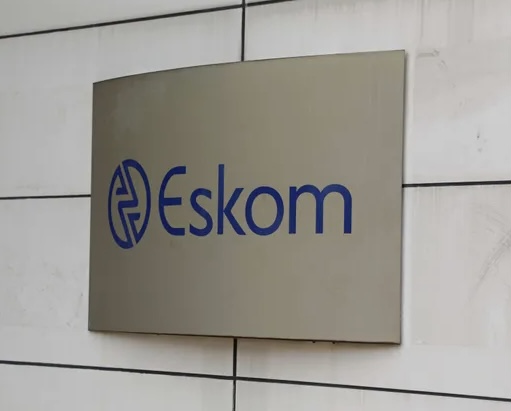KEY POINTS
- Salga says Eskom and Nersa need urgent reforms to stem a R105 billion municipal debt crisis.
- Local electricity infrastructure is ageing, underfunded and increasingly unviable for most municipalities.
- The coming electricity free market and the Just Energy Transition may further weaken already fragile municipal electricity businesses.
South Africa’s municipalities are warning that the country’s electricity system is drifting towards an unsustainable breaking point unless sweeping reforms are introduced at Eskom and the National Energy Regulator of South Africa.
The South African Local Government Association says the existing framework is no longer fit for purpose and that the financial pressures building across local councils have reached levels that could soon choke their ability to provide essential services.
Salga’s call comes against the backdrop of a ballooning R105 billion municipal debt crisis. The association argues that the widely promoted Distribution Agency Agreement, a model meant to stabilise electricity distribution, has failed to offer any meaningful relief.
Instead, municipalities say they remain trapped between Eskom’s structural weaknesses and a regulator that lacks the manpower to exercise proper oversight.
Nersa, according to Salga, is attempting to supervise 167 municipalities with only about 400 staff members, a capacity gap that leaves important issues to fall through the cracks.
Officials say years of underinvestment and patchy maintenance have deepened the problem. Much of the country’s local electricity infrastructure is ageing, and attempts to keep systems running are eroding municipal budgets.
Rising operational costs, poor asset management and outdated technologies have widened revenue losses, while irregular billing and shrinking collections have made the situation more precarious.
Growing fears of a fractured electricity sector pile pressure on regulators
Salga warns that unless the system is stabilised, South Africa risks a gradual splintering of its electricity distribution network, with municipalities and Eskom each battling to fulfil their mandates.
Consumer debt to municipalities has climbed to R41.3 billion, and Eskom itself is owed a further R95 billion. The backlog in electricity infrastructure maintenance, Salga estimates, now sits near R100 billion.
The financial strain is highly uneven. Nhlanhla Ngidi, who heads energy and electricity matters at Salga, says only 15 municipalities account for nearly 80 percent of national electricity sales revenue, leaving the majority struggling to keep their electricity businesses afloat.
He adds that about two-thirds of municipal electricity units are already unsustainable, raising serious concerns about their ability to adapt to new market dynamics.
Ngidi also cautions that the move towards an electricity free market may leave municipalities at a further disadvantage. A more open system could draw technical skills and experienced personnel away from local councils and Eskom, just as both entities attempt to manage complex reforms.



